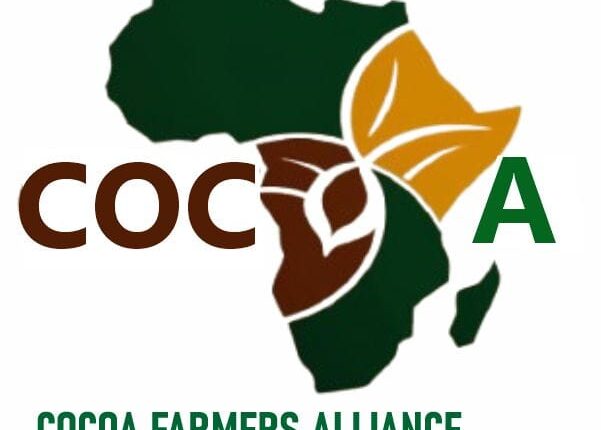COFAAA Celebrates New Era in African Cocoa as Ghana Reboots Industry, South Sudan Plants the Future
A quiet revolution may be underway in Africa’s cocoa belt, as two countries take bold steps that could redefine the continent’s role in global cocoa production.
The Cocoa Farmers Association of Africa (COFAAA) has applauded Ghana’s sweeping reform of its cocoa governance structure and hailed South Sudan’s unexpected entry into the sector as signals of a new dawn for African agriculture.
At the center of the momentum is Ghana’s newly constituted 11-member Cocoa Board Committee, chaired by the finance minister under President John Mahama’s administration.

Tasked with reversing the nation’s declining cocoa output—currently contributing 20–25% of global supply—the committee has been given a critical mission: restore farmer trust, improve yields, and future-proof the industry against climate and economic shocks.
COFAAA’s Global President, Comrade Adeola Adegoke, called the overhaul a “strategic inflection point” in Ghana’s agricultural story.
“Ghana is a cornerstone of global cocoa heritage,” Adegoke said. “This reset must put farmers first, elevate transparency, and embed climate-smart solutions. Our global relevance depends on it.”
The association urged the new committee to directly engage cocoa producers, whose morale has been battered by years of neglect, deforestation, illegal mining, and inadequate support systems.
But while Ghana recalibrates, South Sudan is writing an entirely new script. In a groundbreaking move, the world’s youngest country is launching its first major cocoa initiative through the Greenbelt Project in Yei River County, led by Nur Microfinance.
The ambitious effort has already cultivated over 800,000 seedlings, aiming to scale up to 10 million—a significant step toward building a viable export economy while tackling environmental degradation.
COFAAA described South Sudan’s entrance into the cocoa space as a “milestone for regional diversification and ecological regeneration.”
“This isn’t just a crop—it’s a comeback story for a country that has endured so much,” Adegoke stated. “South Sudan is planting more than trees; it is planting dignity, jobs, and sustainability.”
He urged the South Sudanese government and global partners to back the initiative with peace-building efforts, rural infrastructure, and patient investment.
Together, the developments in Ghana and South Sudan offer a striking picture of a continent that is not just reacting to climate and market forces—but shaping its own future.
COFAAA called on African governments, private sector players, and international allies to “lock arms and move in unity”, stressing that cocoa is not only an economic crop but a tool for empowerment, education, and environmental justice.
“Africa must no longer be seen as the weak link in the cocoa value chain,” Adegoke concluded. “We must lead—not just in production, but in innovation, governance, and global advocacy.”
COFAAA, a pan-African voice for cocoa farmers, continues to push for policies that reflect the aspirations of millions of rural households, advocating a cocoa industry built by Africans, for Africa’s prosperity.

